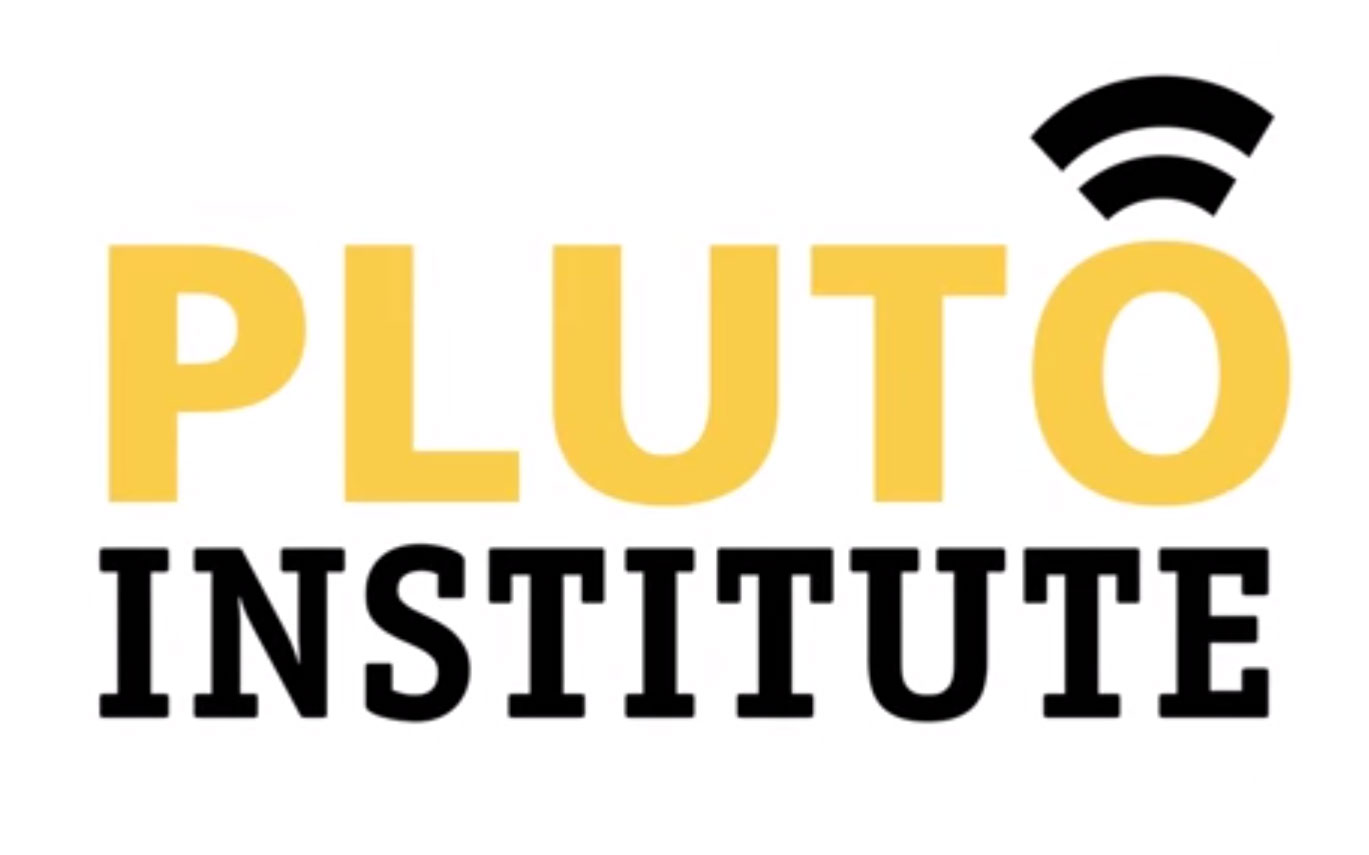PLU Teaching Online program incorporates technology into learning, enhances brick-and-mortar experience

Image: Craig Cornwall reviewing watercolor paintings for his PLUTO online class at PLU on Monday, March 9, 2015. (Photo/John Froschauer)
By Kari Plog '11
PLU Marketing & Communications
TACOMA, WASH. (Feb. 22, 2016)- Kevin O’Brien has been teaching at Pacific Lutheran University for about a decade. But last summer was the first time the associate professor of religion taught Christian ethics to students in the U.S. and abroad — at the same time.
That’s thanks to PLU Teaching Online (PLUTO), a growing program on campus that prepares faculty to teach a variety of online-only courses as well as blended ones, which combine in-person interactive learning with online preparation and instruction.
“It was a lot of work,” O’Brien said. “In a good way.”
Online learning opportunities are already available at PLU with the potential for growth. So far, the university offers nearly 30 courses, either online or blended, across seven academic disciplines and professional schools. Class sizes are comparable to traditional, face-to-face classes, limited to roughly 20 students.
Online courses are offered during Summer Session, while blended courses are offered during any term. The disciplines range from languages and religion to communication and business.
Regardless of the topic, though, PLU faculty who have completed the online institute agree that PLUTO has not only given them new teaching tools, but also improved their ability to teach traditional, brick-and-mortar classes.
Diane Harney, associate professor of communication, said PLUTO required faculty to stop and think critically about teaching methods.
“They ask us to really wipe the slate clean,” she said. “It’s allowed us to stop and think about what we teach, how we teach it and how the different elements relate.”
Jan Lewis, associate provost for undergraduate programs, said PLUTO successfully mirrors the university’s mission.
“We think good PLU teaching can be translated online,” Lewis said, noting that the online learning opportunities have already demonstrated the hallmark characteristics of a PLU education. Lewis stressed that faculty are given a lot of freedom to deliver the online curriculum as they see fit, same as the freedom they’re given in traditional brick-and-mortar classes.
“Teaching with technology is a delivery choice, not a curriculum choice,” she said, adding that PLUTO breaks the stigma that online learning isn’t as rigorous or valuable. PLUTO offers high-quality learning opportunities, Lewis said.
“We want to help (faculty) do it well,” she said. “We’ve tried to put all the things in place to make it successful and accessible.”
The idea for PLUTO was born about three years ago, when an administrative team called Teaching and Learning with Technology started looking at ways to incorporate technology into professional development opportunities.
A Benson Family Foundation grant initially provided funds to launch the institute for interested faculty. The first workshop-style class was offered to professors in summer 2014. That led to about eight blended classes the following summer. A second institute launched in J-Term last year — eventually leading to roughly a dozen more courses, both online and blended. Now, a blended learning program is underway to train faculty to teach the hybrid courses. A PLUTO institute for online learning just wrapped up in January, as well.
Geoff Foy, associate provost of graduate programs and continuing education at PLU, said the goal is to offer more flexible and accessible education opportunities for traditional PLU students as well as nontraditional students off campus. That could include welcoming students from around the state or even the nation, he said. Foy stressed that doesn’t mean moving away from PLU’s strong commitment to Lutheran values and a liberal arts education, but rather enhancing the brick-and-mortar experience.
“It’s creating a different environment for learning,” he said. “PLU will always be brick and mortar. I don’t think faculty, students or administration want to move away from that.”
However, he added: “It gives them choices.”
For example, Foy said, students who might enroll in a general education course at a community college back home during the summer may instead opt into an online course offered by PLU. That guarantees students will maintain the continuity even when they aren’t on campus, he said.
“You’re getting access to these faculty members,” Foy said. “They embody the philosophy of this institution.”
What’s more, PLUTO is dedicated to maintaining the quality and community associated with PLU coursework and campus life.
“We have discussions (in the workshops) about what makes PLU special,” said Dana Bodewes, instructional designer at PLU. She was instrumental in designing PLUTO curriculum.
The conclusion reached by PLUTO participants: PLU is special because of its faculty relationships with students, community building and fluid communication. Bodewes said the key is creating opportunities for students to learn about the people behind the keyboards.
“We’re trying to keep them connected to PLU,” Bodewes said.
So far, student evaluations in the online and blended courses have been positive, Lewis added.
Harney, who is teaching a blended public relations course this semester, said students have shown more energy. In-person class sessions have been more productive and efficient since the lecturing and preparation is concentrated online, leaving a maximum amount of time for discussion during the interactive portions.
“Students live online,” Harney said. “If we don’t provide opportunities to engage online they will not come here.”
O’Brien said he was pleasantly surprised with the level of student participation and the extent he was able to connect with each individual student. All students, even the shy ones, consistently participated in class discussions during his online course in June 2015.
“It gave students a chance to have more ownership,” he said.
O’Brien said he also developed a more intense connection than he expected, rivaling the connections he makes in traditional classes. He plans to continue teaching online and is curious to see how PLUTO grows campus-wide.
“I can see classes in a way I never could before because of PLUTO,” O’Brien said. “I’m excited to see what other faculty can do with it.”



